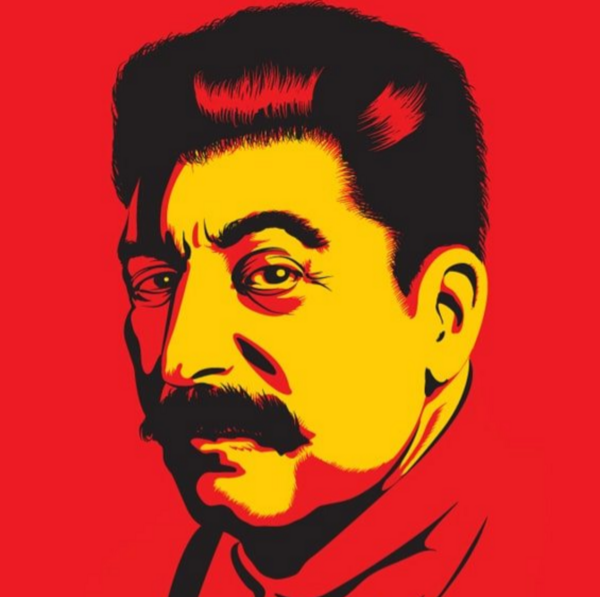I want to get immersed in Chinese culture, but apparently it’s hard to choose a book while being certain that it won’t contain a pro-Western moralizing story. I’d like to build a good list with these criteria in mind. Can you help me out, comrades?
Do you want books in Chinese or by Chinese? RF Kuang’s Babel is scathingly anti-imperial. Primarily a fiction/entertainment read, but Kuang doesn’t hold back on her values.
Books by Chinese. Thanks for the recommendation, I will definitely read it!
deleted by creator
You’re in for a massive treat!
Short excerpt here for anyone on the fence, but I’d leave it hidden if you’ve decided to read it:
spoiler
‘I don’t think I’ll ever forget what I saw.’ He rested his elbows against the bridge and sighed. ‘Rows and rows of flowers. A whole ocean of them. They’re such bright scarlet that the fields look wrong, like the land itself is bleeding. It’s all grown in the countryside. Then it gets packed and transported to Calcutta, where it’s handed off to private merchants who bring it straight here. The two most popular opium brands here are called Patna and Malwa. Both regions in India. From my home straight to yours, Birdie. Isn’t that funny?’ Ramy glanced sideways at him. ‘The British are turning my homeland into a narco-military state to pump drugs into yours. That’s how this empire connects us.’
Robin saw a great spider’s web in his mind then. Cotton from India to Britain, opium from India to China, silver becoming tea and porcelain in China, and everything flowing back to Britain. It sounded so abstract – just categories of use, exchange, and value – until it wasn’t; until you realized the web you lived in and the exploitations your lifestyle demanded, until you saw looming above it all the spectre of colonial labour and colonial pain.
‘It’s sick,’ he whispered. ‘It’s sick, it’s so sick . . .’
‘But it’s just trade,’ said Ramy. ‘Everyone benefits; everyone profits, even if it’s only one country that profits a good deal more. Continuous gains – that’s the logic, isn’t it? So why would we ever try to break out? The point is, Birdie, I think I understand why you didn’t see. Almost no one does.’
Free trade. This was always the British line of argument – free trade, free competition, an equal playing field for all. Only it never ended up that way, did it? What ‘free trade’ really meant was British imperial dominance, for what was free about a trade that relied on a massive build-up of naval power to secure maritime access? When mere trading companies could wage war, assess taxes, and administer civil and criminal justice?
Are you looking for a modern setting or a pre-communist (imperial) one?
It’s indifferent. Mainly modern setting though.
What I can recommend is The Promise by Pearl S. Buck (she was raised in China), and Miss Chopsticks by Xinran.
This is the most “modern” I have sorry lol.



